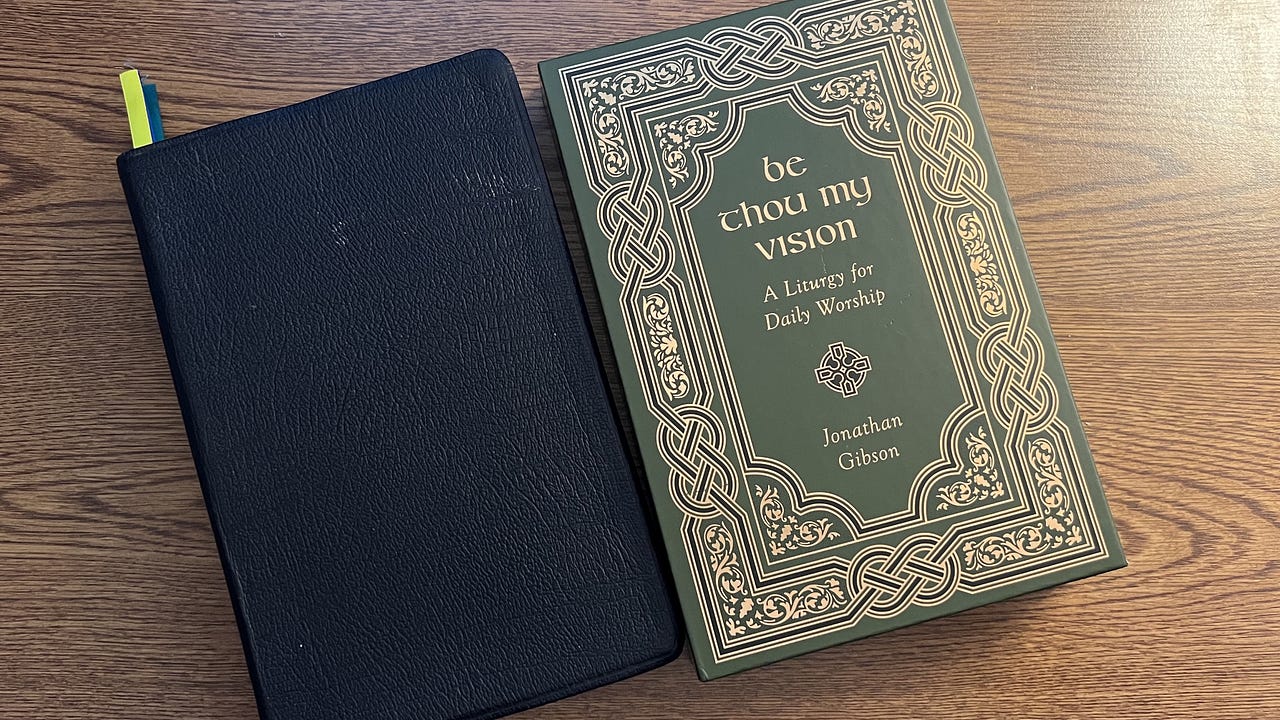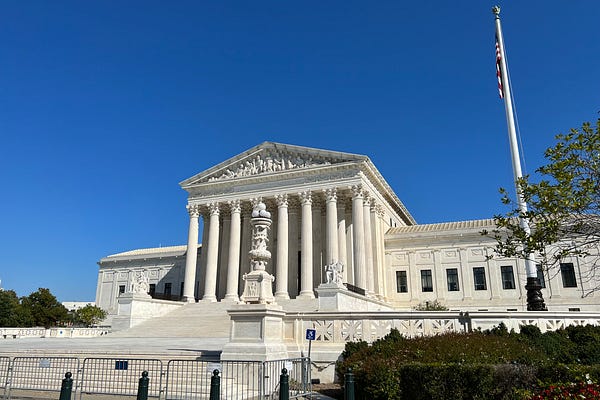

Transforming My Quiet Time
Incorporating daily liturgy transformed my quiet time into a time of purposeful daily worship that I treasure.
READ THE LATEST
Most Popular
View all

Shane Vander Hart
A piece of Shane Vander Hart's mind on faith, culture, media, politics, and public policy.
Recommendations
View all 10© 2025 Shane Vander Hart
Substack is the home for great culture

























